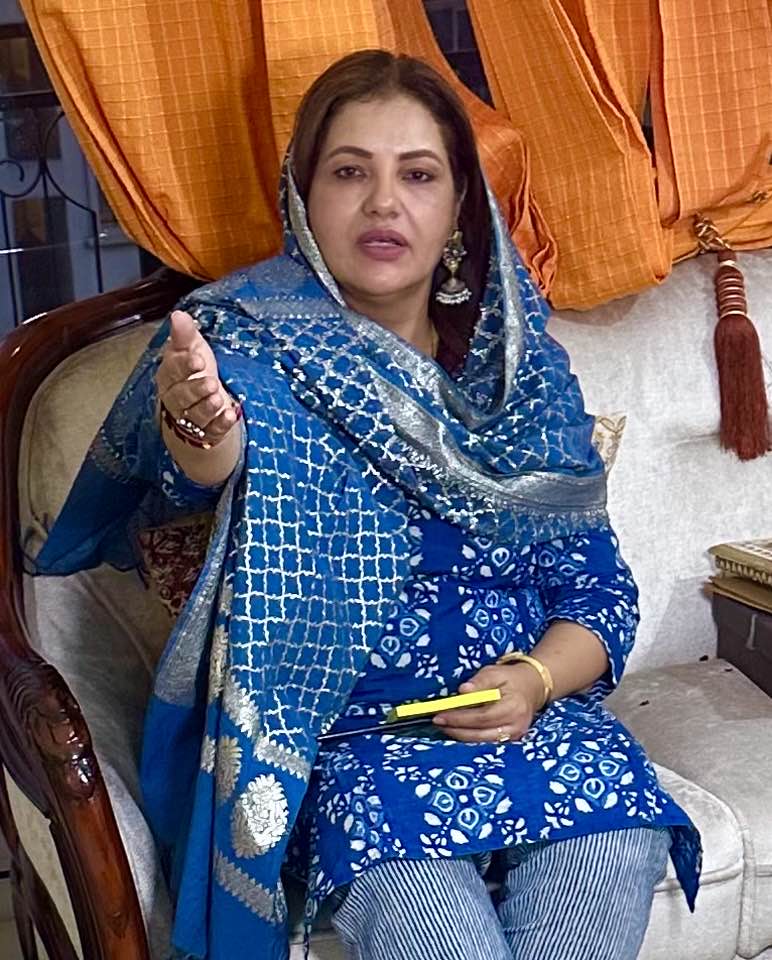Thiruvananthapuram, 4 July: An all-out effort to eradicate the wrong notions about Uniform Civil Code is underway across Kerala. Interestingly, this initiative is led by a Muslim woman herself.
Nuzrath Jahan, an aviation professional and social activist of repute, who has undertaken the campaign told that more than spreading the message of a common civil code, what she was doing is to clear the doubts and apprehensions in the mind of Muslim women in the State.
“Women in the community are upset over the gender discrimination as well as the dominance of men. Muslim women are unanimous in their demand for equality enjoyed by women in other communities. But the conservatives and obscurantists in the Muslim community have created an impression that the Uniform Civil Code would come in the way of the freedom of religion and take away their right to offer prayers and other religious practices like Namaz. They are worried that the right to bury the departed souls as per the religious practice too would be negated by the UCC,” said Nuzrath Jahan.
The fear and doubts are being cleared through household meetings addressed by her.
“This is akin to the type of campaign held by Islamic theocrats and anti-social elements when the Government of India introduced the Citizens? Amendment Act. The campaign at that time was that the BJP Government at the Centre was trying to expel the Muslims in the country to Pakistan and Bangladesh. All Muslim women in the districts of Kasaragod, Kannur, Kozhikode and Malappuram got WhatsApp messages saying that they would be thrown out lock, stock and barrel from India, Most of these women believed these messages and even staged demonstrations against the CAA,” said Nuzrath Jahan.
She blames Congress for the inordinate delay in implementing the common civil code.
“The Constitution is very clear in this regard. Our people were unprepared for a common civil code in 1950 because communities and tribes with myriad cultures and traditions had come together for the first time as a modern nation and the situation was not conducive in 1950 for the implementation of the UCC. The Congress as part of their appeasement policies deliberately remained inactive and that was how it got delayed,” said Jahan who is of the view that the common civil code would bring in the much-needed gender justice and equality among Muslim women.





